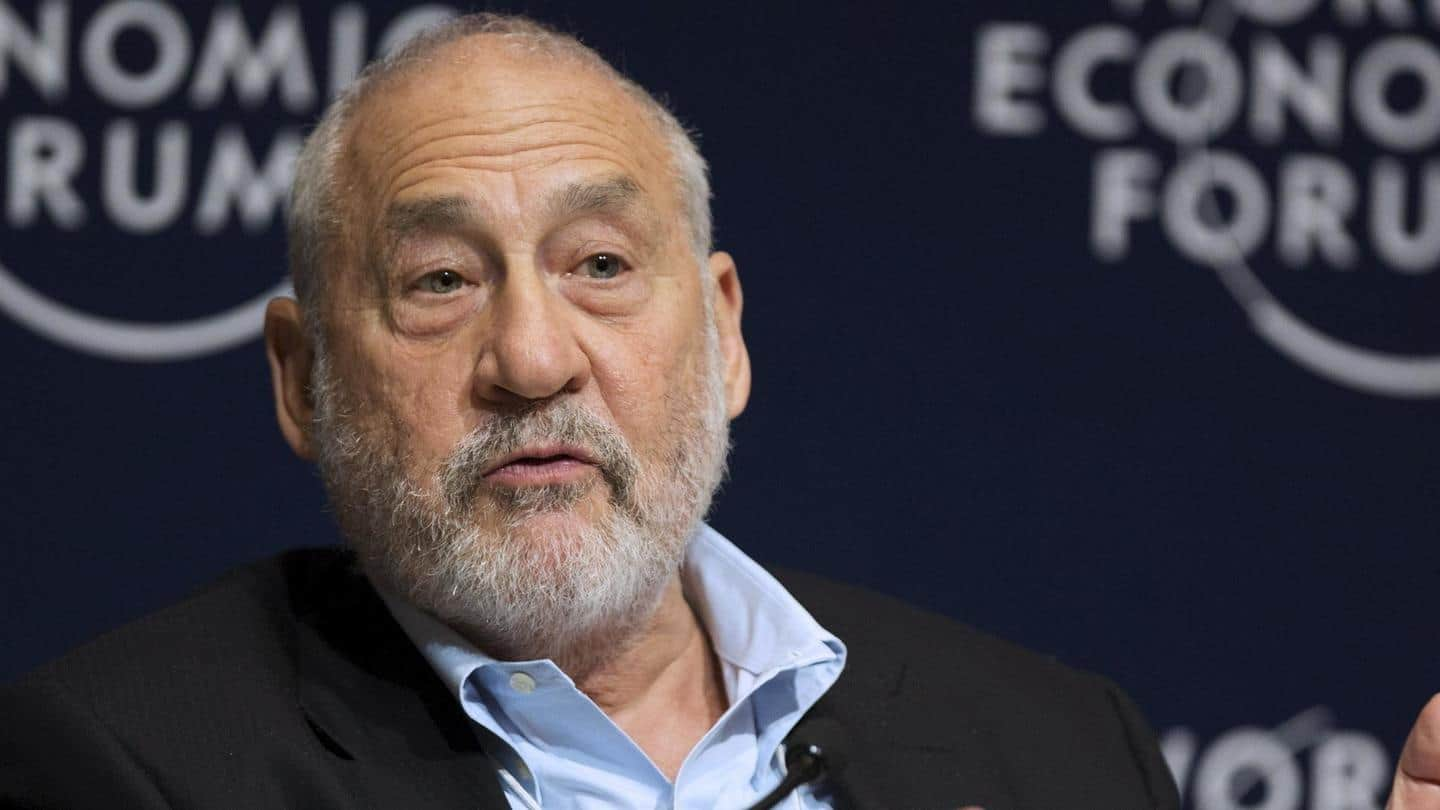
What Nobel laureate Joseph Stiglitz said about India's COVID-19 fight
What's the story
Nobel laureate Joseph Stiglitz on Tuesday criticized the Indian administration over its poor handling of the COVID-19 crisis and its impact on the economy.
Stiglitz called India a "poster child of what not to do" and said that Prime Minister Narendra Modi has created a Hindu-Muslim divide that has undermined the economy.
Here's more on what he said.
Details
Indian business leaders and economists participated in interaction with Stiglitz
Stiglitz was speaking during an interaction organized by the Federation of Indian Chambers of Commerce & Industry's (FICCI) West Bengal state council and moderated by its chairperson Rudra Chatterjee.
He is a professor at Columbia University and had been chief economist at the World Bank from 1997-2000.
Indian business leaders and economists had participated in the virtual global session.
Religious divide
For economic revival, create inclusive society, suggests Stiglitz
While speaking about how India could revive the pandemic-hit economy, Stiglitz suggested getting rid of the "politics of division" and creating an inclusive society.
"Modi has tried to divide your country, Muslims against Hindus, and that is going to undermine your society and economy no matter what else happens. This fundamental division will weaken India forever," said the Nobel laureate.
Quote
Bringing all faiths together my life's purpose: Rahul Gandhi
Stiglitz's criticism of PM Modi and the "politics of division" was quoted by Congress leader Rahul Gandhi. Gandhi tweeted on Wednesday, "My life's purpose is to bring people of all faiths together in this land."
Self-reliance
No country can be fully 'AatmaNirbhar', says Stiglitz
Stiglitz also spoke against Modi's AatmaNirbhar (self-reliant) initiative, which the government has been pushing since the pandemic began. He said "no country can be fully self-reliant" in a world where raw materials and technology are often imported.
Stiglitz said that such an initiative was out of touch with the 21st century and that it is something to be expected from authoritarian regimes.
Tax
Increase taxes on ultra-rich: Stiglitz
Stiglitz also suggested increasing taxes on the very rich to raise resources for the country.
A Scroll.in report in April stated that a 4% higher tax on the nation's 953 richest families would give the government the equivalent of 1% of India's GDP.
India had rejected the proposal for an ultra-rich tax presented by the Indian Revenue Service Association in April.
Lockdown
'India didn't think what lockdown meant in a poor country'
Stiglitz also criticized India's implementation of the coronavirus lockdown, which proved to be a tragedy for migrant laborers.
"[India] picked up one idea that is important. Lockdown. Did not think about what it means in a poor country. How are people going to live? A large number of people moving across the country—one could not have imagined anything worse for spreading the disease."
Expenditure
First priority is to help the vulnerable, says Stiglitz
Further, Stiglitz said, "The first priority is to help the vulnerable but also contain the disease. Spending the money in a way that prevents contagion and also helps people gives double dividends."
"Let me say very clearly, you can not control the economic aftermath if you cannot control the pandemic," he said. India is notably the world's second worst-hit nation in the outbreak.
Quote
'Without spending money, there will be long-term damage'
Stiglitz said, "A case for spending money is compelling. If we don't, there will be long-term damage. Companies that go bankrupt don't go un-bankrupt in two years."
He added, "Some spending gives a big bang for the buck and others that don't. By shifting money from those areas to areas where the impact is high, you can maximize the effect even within budgetary constraints."